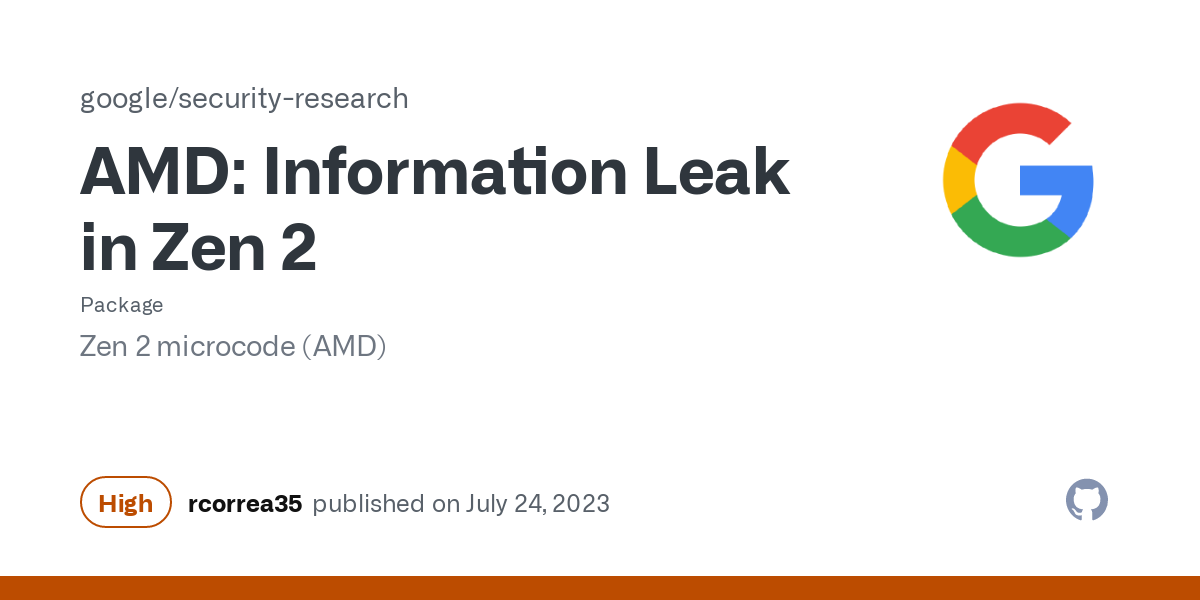- Offizieller Beitrag
Package : openjdk-17
CVE ID : CVE-2023-22006 CVE-2023-22036 CVE-2023-22041 CVE-2023-22044
CVE-2023-22045 CVE-2023-22049
Several vulnerabilities have been discovered in the OpenJDK Java runtime, which may result in bypass of sandbox restrictions, information disclosure, reduced cryptographic strength of the AES implementation, directory traversal or denial of service.
For the oldstable distribution (bullseye) additional build dependencies need to be backported, a fixed package will be provided when these are ready as 17.0.8+7-1~deb11u1.
For the stable distribution (bookworm), these problems have been fixed in version 17.0.8+7-1~deb12u1.
We recommend that you upgrade your openjdk-17 packages.
For the detailed security status of openjdk-17 please refer to its security tracker page at:
Information on source package openjdk-17
Further information about Debian Security Advisories, how to apply these updates to your system and frequently asked questions can be found at: https://www.debian.org/security/


